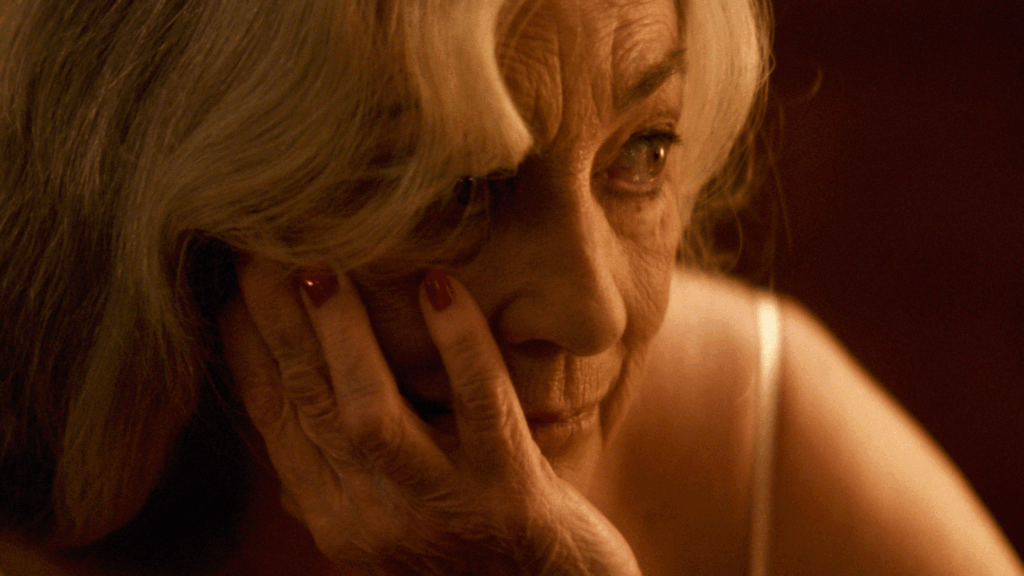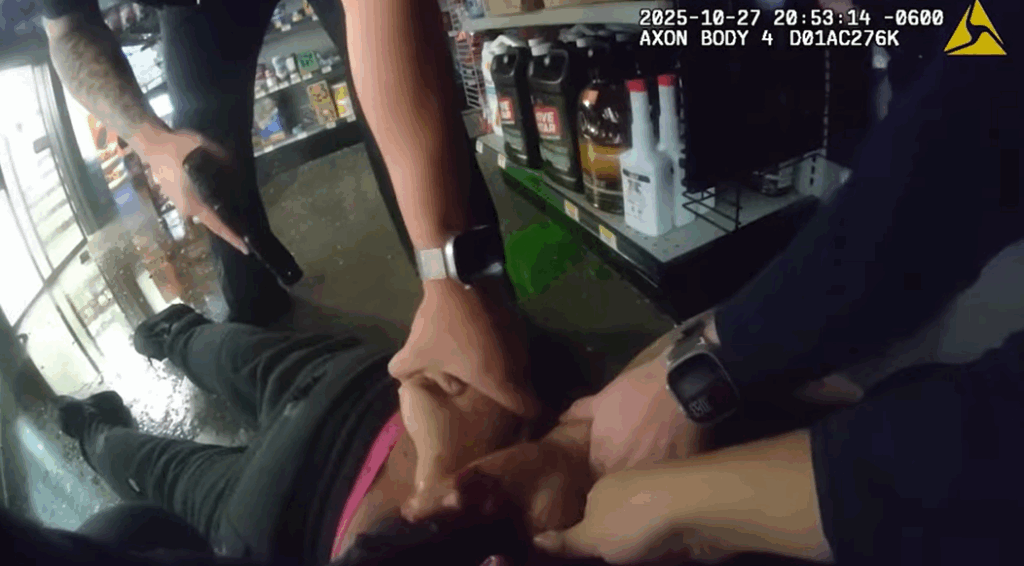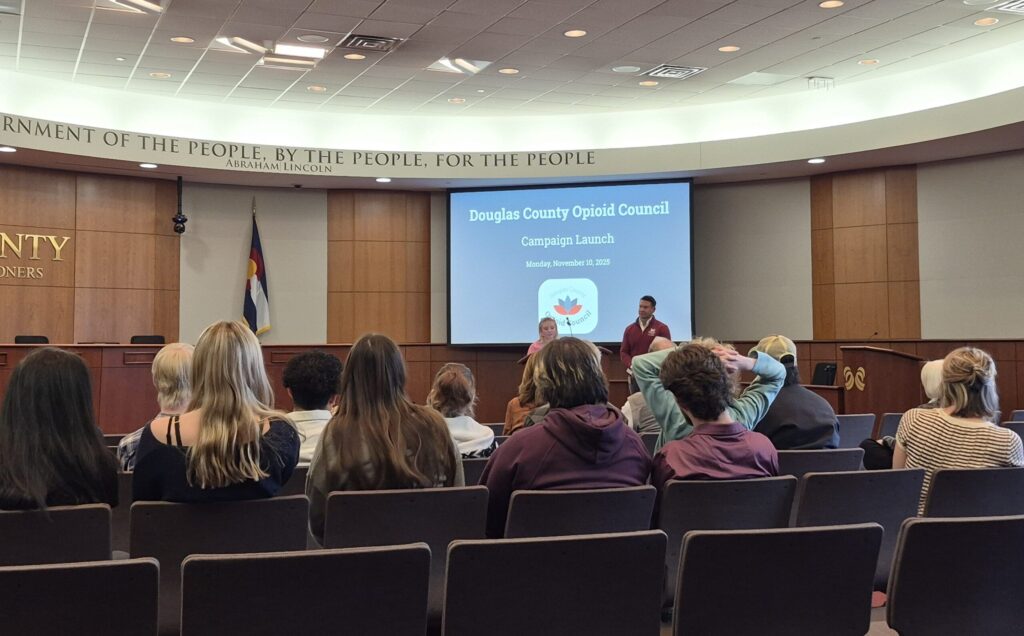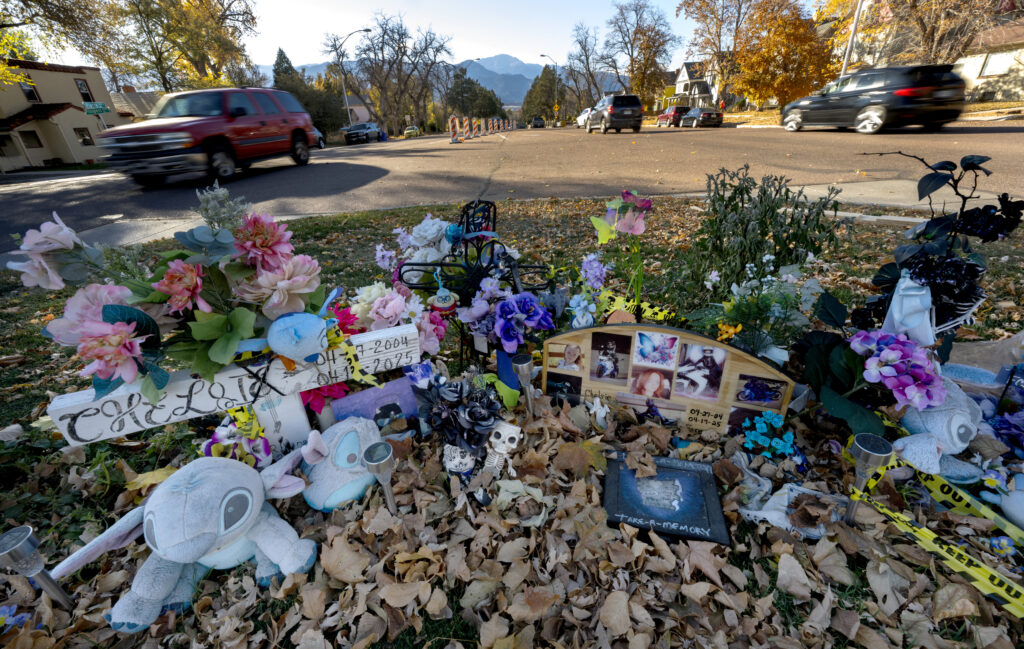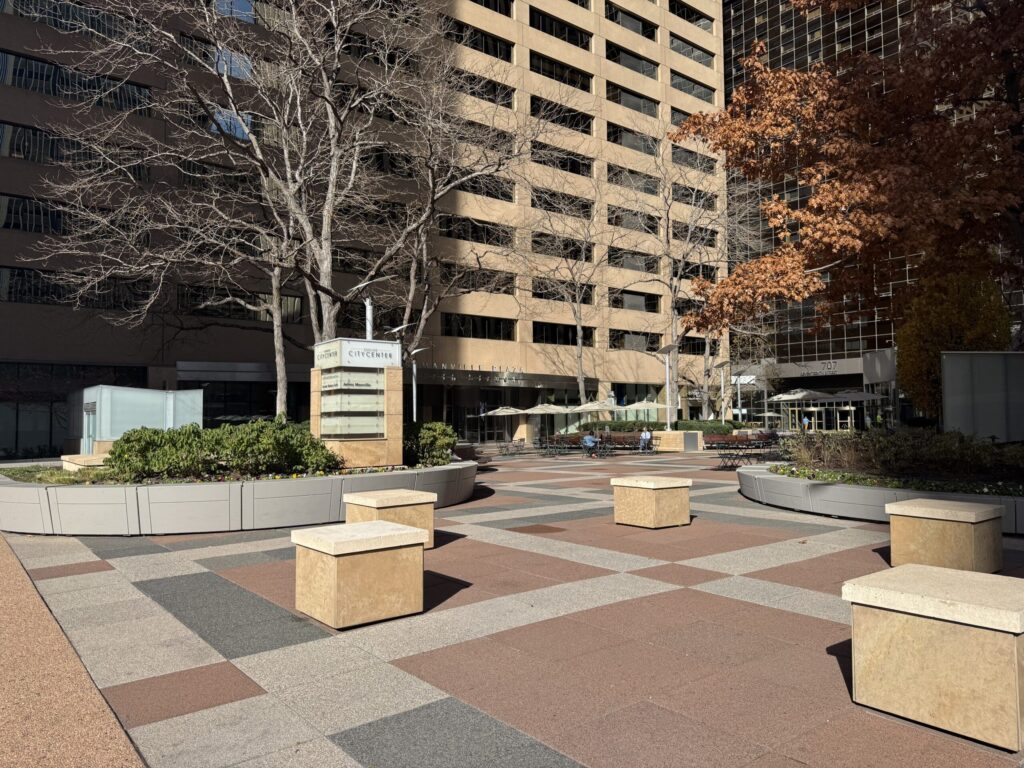Appeals court rules against Bruce in ‘trip and fall’ case
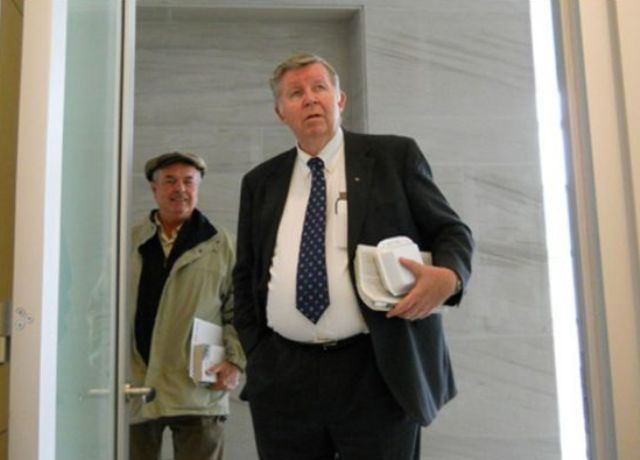
Douglas Bruce — author of Colorado’s Taxpayer’s Bill of Rights and a former inmate convicted of tax evasion — lost an appeal Thursday in the Colorado Court of Appeals related to a fall he suffered at the 2022 Western Conservative Summit.
In April 2023, Bruce sued the Gaylord Rockies Resort & Convention Center and its manager, Marriott, for the incident that took place on June 3, 2022. He later added Colorado Christian University, the host of the Western Conservative Summit; and the two entities involved in the conference setup, ShowPro of South Florida and Legacy Productions, as defendants.
ShowPro settled out of court with Bruce, according to the appeals court’s unanimous and unpublished ruling.
In that incident, according to the initial filing with the U.S. District Court for the District of Colorado, Bruce said he tripped over “an object of objects” lying on the floor in a walkway in front of the stage. He said the floor was darkened and poorly lit.
The filing said Bruce sustained serious injuries. The lawsuit doesn’t outline what those were, but in 2023, Bruce told Michael Roberts at Westword that he had been on an elevated stage and was on his way down to hand a document to another speaker. After handing over the document, he turned around to walk away and tripped over some wires on the black floor and fell on my left shoulder, he said.
“I had to have surgery; they had to piece the bones back together. And it’s really screwed up my life,” he said.
The claims fell under what’s known as the Colorado Premises Liability Act, or PLA. That asserts negligence by one or more parties in a lawsuit.
A month after the lawsuit was filed, Bruce asked the state district court to send the case to El Paso District Court, which was agreed upon by all parties.
The defendants, in a joint motion, said there was no dangerous condition present and no breach of a standard of care.
Bruce failed to respond to that motion until more than two weeks after the deadline, and his late response was not dated, signed or notarized, the appeals court ruling said. The following day, he filed a similar response that contained the required elements, but just “mere hours” later, the district court granted the defendants’ motion and entered summary judgment in their favor.
While Bruce had hired Ramos Law to handle the district court filings, he represented himself at the appeals court. According to the ruling, his counsel had withdrawn at the lower court level.
At the heart of the appeal was a video submitted by the defendants, first to the lower court and then to the appeals court.
The El Paso court concluded the video showed Bruce tripping over a monitor, “which was at least as high as Bruce’s knee and sitting in plain sight.” There was room, the lower court said, to walk around the monitor, and, contrary to Bruce’s claim that the area was dark, lights illuminated the walkway.
Bruce did not present evidence of the existence of a mass of wires that would create a dangerous condition, nor did he offer any expert testimony or evidence that the cable placement was dangerous.
Bruce claimed in the district court that he would present a video of the actual fall at trial, but never included it in his briefing. The appeals court noted that it could not consider material not submitted to the lower court.
Bruce appealed this year to the Court of Appeals, which appeared to take a dim view of the lawsuit. The appeals court noted that his notice of appeal and opening brief failed to comply with appellate rules. It was equally unclear to the court what Bruce was attempting to appeal, the court wrote, noting that his brief failed to lay out separate appellate issues or claims clearly.
“In sum, Bruce’s filings are a string of assertions without any citations to the record or case law,” the appeals court wrote in an unpublished ruling issued Thursday. The court also pointed out errors in Bruce’s filings, including his failure to identify the correct defendant.
But there were mistakes at the district court level, too, the appeals court said. The court improperly muted him at a status conference, used an inappropriate street address for court mailings, and mishandled a motion to disqualify the judge, the court said.
As to the latter motion, Bruce claimed the judge hated him because of his political views.
“As best as we can glean from Bruce’s opening brief, he intends to challenge virtually every decision made by the district court,” the ruling said.
Gaylord asked that the appeal be dismissed and the court agreed, stating “doing so would be within our discretion, and, in fact, may well be warranted in this case.”
The appeals court remanded the issue to the district court to determine and award the defendants’ attorneys’ fees.
In their ruling, the court said the lawsuit was frivolous and that Bruce should have known – given that he was warned in a 2010 lawsuit against the city of Colorado Springs – that noncompliance with appellate rules could result in sanctions.






